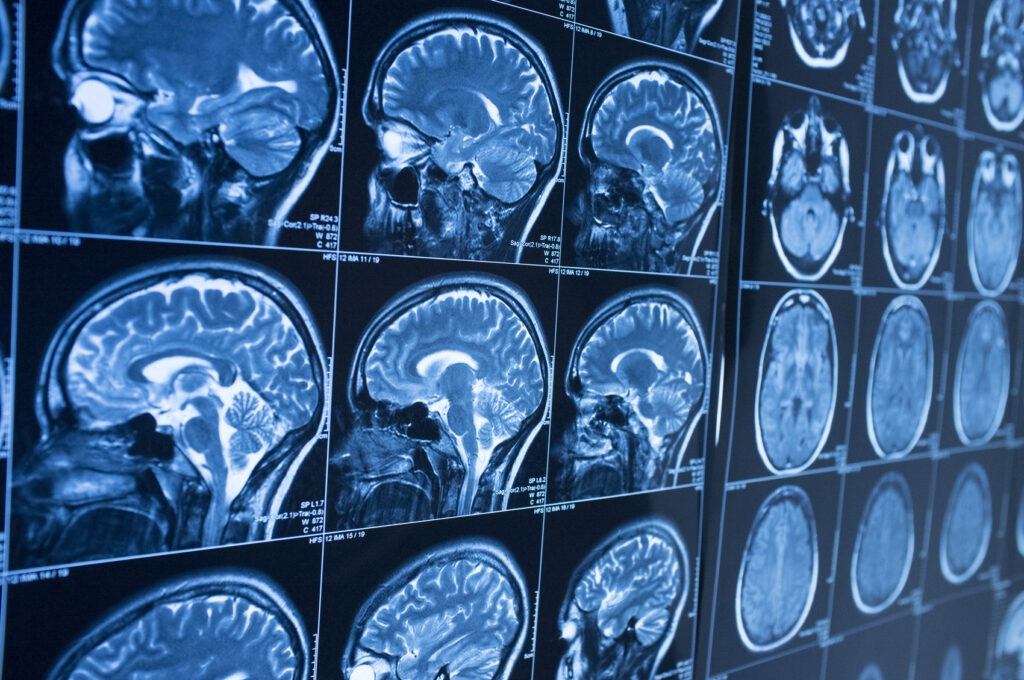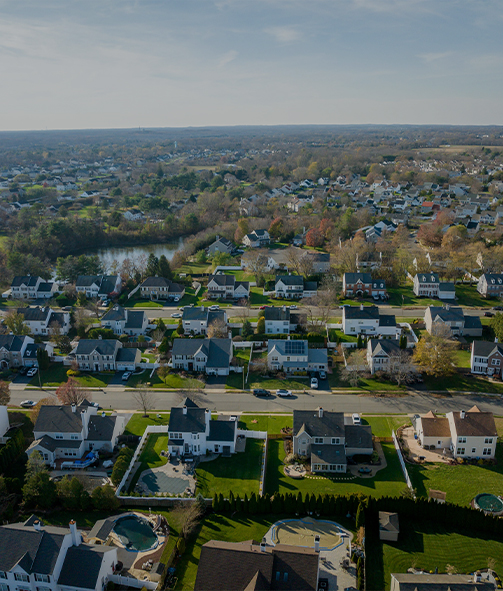
Understanding Concussions and Traumatic Brain Injuries in Freehold, NJ
Brain injuries can seriously affect brain function in both the short and long term. A concussion is a traumatic brain injury often classified as mild. However, a concussion can significantly impact your health and well-being, especially if symptoms are delayed and the injury goes untreated.
If you’ve suffered a concussion in Freehold due to another person’s negligent actions, you may have a claim for compensation. Make sure to discuss your situation with a qualified personal injury attorney.
Common Concussion Symptoms, Diagnosis, and Treatment
A concussion is a type of traumatic brain injury. A traumatic brain injury (TBI) results from a sudden, forceful jolt of the body or a bump on the head. This causes the brain to shift within the skull, resulting in injuries that affect the brain and its functions.
More specifically, a concussion results when the brain moves back and forth within the skull. This type of movement often stretches or damages brain cells, creating chemical changes exhibited through common symptoms.
Concussions can happen for several reasons. They are often the result of accidents, including falls, car accidents, and truck crashes.
When a concussion results from another’s negligent or intentional actions, you may have a legal claim against the at-fault party. Taking legal action can help you recover compensation to cover medical costs and other losses associated with your injuries.
Symptoms of a Concussion Injury
Concussions can cause a slew of symptoms. Symptoms often start immediately after suffering an injury but could also take some time to begin.
A concussion can result in multiple physical symptoms, including:
- Headaches
- Nausea
- Vomiting
- Loss of consciousness
- Blurry vision
- Dizziness
- Fatigue or sleepiness
Other signs that may indicate a concussion could include:
- Confusion or feeling dazed
- Seeing “stars” or spots
- Memory loss
- Delayed response to questions
- Forgetfulness
- Slurred speech
Some symptoms can persist for days as you recover from your injury, like:
- Issues concentrating
- Sensitivity to light and noise
- Sleep problems
- Irritability and mood swings
Signs and symptoms of a concussion vary from person to person, making it tricky to determine whether you’ve suffered one. This is why it’s critical to seek medical attention right away after an accident or incident resulting in injury.
Getting a Proper Diagnosis
Receiving a formal diagnosis for a concussion is key. A medical professional can determine whether you have, in fact, suffered a concussion injury and, if so, how bad it is. This information can help you and your doctor come up with the right treatment plan.
Typically, physicians start by getting your medical history, including whether you’ve suffered concussions in the past. Physical examinations, including neurological exams and cognitive testing, can provide answers regarding your brain health and potential injury.
Certain imaging tests may further help your provider determine whether you’ve sustained a concussion. These tests regularly include CT scans and MRIs.
Once you’ve gotten your diagnosis and better understand the extent of your head injury, you can begin your journey toward recovery.
Treatment For Concussions
Treatment for a concussion depends on the seriousness of the injury. Still, physical and mental rest are paramount for these types of brain injuries.
Your doctor will likely recommend you take some time off from normal daily activities, including work, school, and exercise. Taking a break from screens and anything that requires significant mental strain is also important.
More intensive treatment, like surgery, is not as common with concussions but could be required if your brain injury gets worse or you suffer re-injury soon after. It’s critical to monitor your symptoms and seek medical care immediately if your symptoms worsen or you develop new ones.
Are Concussion Symptoms Ever Delayed?
Concussion injuries can be particularly tricky to detect and diagnose. You might not begin to exhibit any symptoms for some time after an accident or traumatic event, giving a false belief that you’ve suffered no brain injury. By the time you start to show signs of a concussion, you may attribute the symptoms to something entirely different.
The signs of your brain injury may not come for several days after your accident. Because symptoms of a brain injury could indicate a wide variety of issues in the body, the idea of a concussion may not even cross your mind. Therefore, you could delay or even fail to seek medical attention, which could cause other issues.
Delayed Concussion Symptoms Mimic Common Symptoms
While you may believe delayed concussion symptoms differ from regular symptoms of this brain injury, they don’t. The primary difference between common symptoms and delayed symptoms is when they arise.
Delayed symptoms of a concussion could look like:
- Persistent headaches
- Trouble sleeping
- Nausea and vomiting
- “Brain fog” and other cognitive difficulties
- Emotional instability
A change in your body may not immediately set off alarms. For example, if you develop nausea and vomiting, you may believe you’ve come down with a stomach bug or food poisoning.
Still, if you’ve recently suffered an accident of some sort and have subsequently developed certain symptoms or your body or mind feels “off,” seek medical care. Even if your symptoms have started weeks after your accident, it could indicate a serious injury. Getting medical attention can give you much-needed answers.
Getting Legal Help After Suffering a Concussion
Suffering a traumatic brain injury like a concussion can seriously affect your health and lifestyle for some time while you recover. Furthermore, it can negatively impact your finances, as medical care is costly. If someone’s wrongful actions have resulted in a concussion injury, you shouldn’t have to shoulder the burden on your own.
Speak with a local personal injury lawyer for support, advice, and guidance. Should you have a viable claim, a lawyer can help you get damages for your injuries and losses, including monetary recovery for your medical bills and lost wages. Getting compensation can help you focus on your recovery and relieve some of the undo stress caused by your injuries.
If you experience any symptoms after an accident, consult a medical professional in Freehold as soon as possible.
Contact Our Freehold Personal Injury Lawyers at Noonan & McMahon, LLC For a Free Consultation Today
Contact Noonan & McMahon, LLC today or seek help online if you would like to talk to a personal injury lawyer about your potential claim. Your case couldn’t be safer than it is in our hands.
We are motivated to get you what you deserve if you or a loved one experienced injuries in an accident in Freehold, Holmdel, Middletown, Tinton Falls, Neptune, Toms River, Brick, Point Pleasant, and surrounding areas in Monmouth County, Ocean County, and Southern New Jersey.
Noonan & McMahon, LLC – Freehold Office
35 Court St 1A, Freehold, NJ 07728
(732) 303-7857
Open 24 Hours
